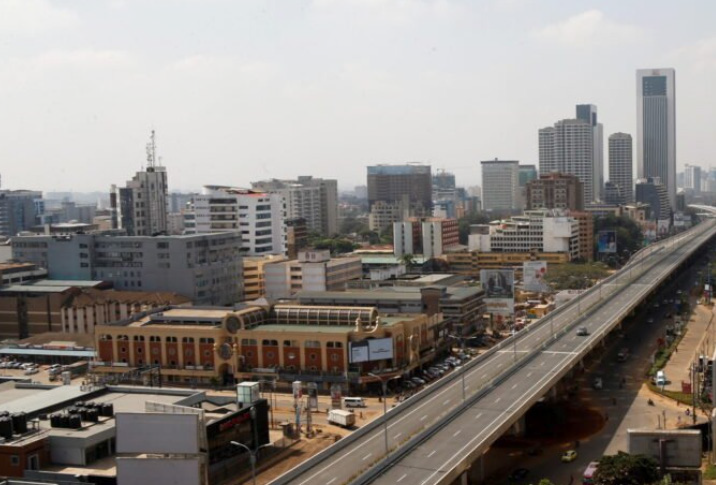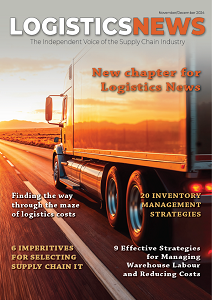Environmental issues keep disrupting our businesses – one 'surprise' followed by another. Are we really in a recovery or just a tricky business cycle that has to be handled differently?
Are we repeatedly banging our heads against a wall before realising that changing days are the norm and we need to adapt? Sure, our companies adapt within our circle of influence, but recent global events (Brexit, pandemics and war) have exposed inflexibility, constraints and huge requirement for adaptability in global supply chains.
The new 3Cs The ‘Empire’ 3Cs – Christianity, commerce and civilization – were imposed by the UK on Africa long ago. They are no longer, and maybe never were, appropriate. But they remained inflexible for centuries. Over recent decades, global logistics providers have imposed their view of what’s right in the world. Well, that may not be right any longer either It is time to apply end-to-end supply chain 3Cs:
• Collaboration – buyers/sellers/movers seek mutually effective solutions, not just mover rules.
• Cost – where cost is the total cost of each global supply chain, not just movers’ lowest cost.
• Common sense – shared knowledge and agreed response to probable or unexpected events.
These are helped today by artificial intelligence, machine learning and IT that flag problems in advance
Ethiopia: I arrived in Addis Ababa along with 350 passengers to find a good airport and efficient health check in no-man’s land. Then 350 of us queued for one hour at a 10-station immigration manned by three staff. Next, we arrived to find luggage circulating and waited. It may be cheap for the airport, but it’s a dysfunctional supply chain, so cost – ok, collaboration – no, common sense – no
Kenya: I arrived to find the same airport experience, then Ubered to the hotel 15km away. Aha, the new empty expressway had opened three weeks before to relieve the notorious Nairobi traffic.
This road is famous as Uhuru Kenyatta’s last stand – a Chinese-designed and built elevated, four-lane highway that took two years from start to finish – incredible. My Uber joined the road and we picked up the start ticket, zoomed at 100km/h over stationary traffic below and there was hardly another car on the road. We pulled off 10 minutes (not an hour) later at the museum offramp – to queue 30 minutes to pay the $2 toll at a boom – yes, a boom! Sure, this volume and flow will change as people get their eTags and toll fees reduced. Common sense and cost – ok, collaboration – maybe.
The empire strikes back
It’s England and Italy in July: a family of three – two with UK passports, so no visa required, but one with a South African passport needs a visa – and finds a pre-Victorian application process. You apply maximum three months in advance, scan/upload your docs and then it takes three weeks to get a personal validation appointment.“Oh, sorry did our website have problems? We can scan your docs for $50. There’s a war you know, so Ukraine comes first, our three-week lead time now averages six.” (Or 12 if in Johannesburg – isn’t that three months?). Once you’re through a safari of Houdini-defeating call centres, you can speak to Fred (for 69p a minute, or R13,50) and Fred says, “Sorry we can’t help, try our website.” All 3Cs take a bath here.
Call to action
Let’s talk, innovate and change this stalemate situation. Eighteen thousand TEU floating warehouses and bureaucracy clog the network during global change – and are unable to adapt, so the rest of the chain has to. Let’s talk execution – what about a network of smaller at-sea cross-dock vessels to service change from behemoths that can selectively unload at sea when the need occurs?
Instead of investing in fuel and pollution moving kiwi fruit and fabrications across the world, invest in developing local skills, jobs and our economy – not Denmark’s. Stepping forward often needs a step back to get real, safe and sustainable. It’s not recovery, it’s mostly common sense. •

.jpg)


